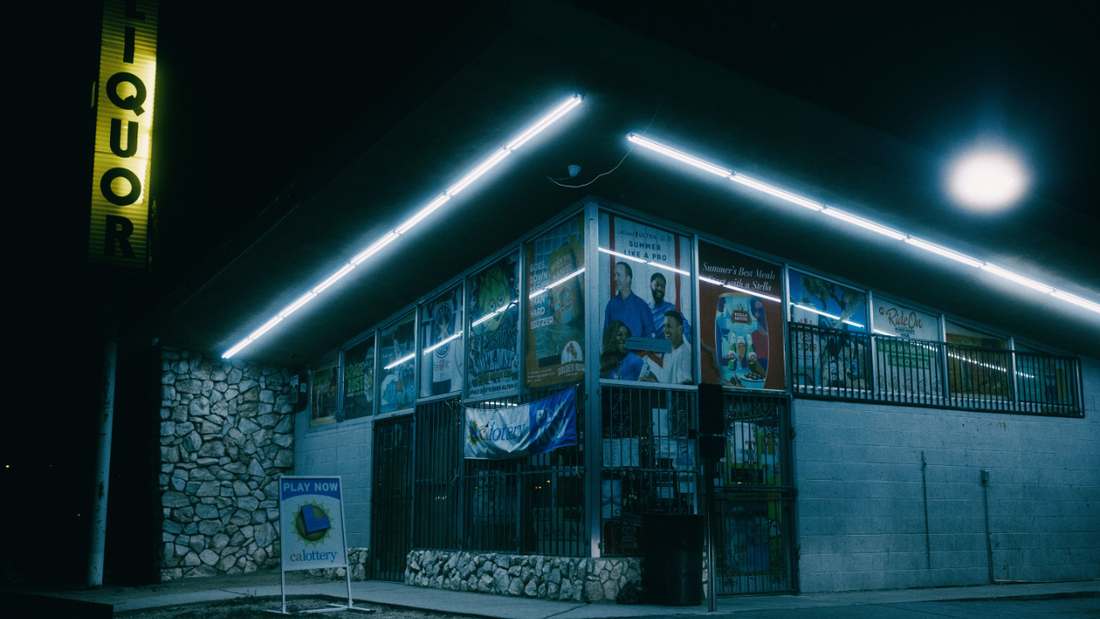Diffusion filters are a fantastic tool for photographers, especially those into portrait and cinematic photography. These filters soften the light entering your lens, creating a dreamy, ethereal effect that can add a touch of magic to your images. Let’s dive into what diffusion filters are, how they work, their benefits, and some tips on using them effectively.
What Are Diffusion Filters?
Diffusion filters, or soft focus filters, are designed to scatter light, softening details and reducing contrast in your images. Unlike other filters that control light or color, diffusion filters modify the quality of light to achieve a specific artistic effect.
How Do Diffusion Filters Work?
Diffusion filters scatter the light that passes through them, reducing sharpness and contrast, and giving your image a soft, glowing appearance. The level of diffusion varies depending on the filter’s density and design, with some providing a subtle effect and others offering a more pronounced softness.
Benefits of Using Diffusion Filters
1. Softens Skin Tones:
- In portrait photography, diffusion filters can soften skin textures, minimizing the appearance of blemishes and wrinkles, and creating a more flattering image.
2. Creates a Dreamy, Ethereal Look:
- These filters add a soft glow to highlights, creating a dreamy, romantic atmosphere, which is particularly popular in wedding photography and cinematic videography.
3. Reduces Digital Sharpness:
- High-resolution digital cameras can make images look overly sharp. Diffusion filters can add a subtle softness to the overall image.
4. Enhances Highlights:
- They can create a beautiful bloom effect around bright areas, enhancing highlights and adding depth to your photos.
Types of Diffusion Filters
1. Traditional Diffusion Filters:
- Made from high-quality glass or resin, these come in various densities, allowing you to choose the level of diffusion you need.
2. Black Diffusion Filters:
- These offer a softer diffusion effect with minimal impact on contrast, making them ideal for maintaining detail while still achieving a soft focus look.
3. Soft Focus Filters:
- Specifically designed for portrait photography, these filters provide a more pronounced diffusion effect, creating a vintage, classic portrait feel.
How to Use Diffusion Filters
1. Choose the Right Density:
- Start with a lower density filter and increase as needed. Higher density filters provide more diffusion, which can be great for a more dramatic effect but might not be suitable for all situations.
2. Experiment with Lighting:
- Diffusion filters work best with soft, even lighting. Try different lighting setups to see how the filter affects light and shadows in your image.
3. Use in Portraits:
- When shooting portraits, position your subject in soft, diffused light for the best results. The filter will enhance the natural softness, creating a flattering look.
4. Cinematic Applications:
- In videography, diffusion filters can add a cinematic quality to your footage. Use them to soften harsh lighting and create a more cohesive, professional look.
Diffusion filters are versatile tools that can add a unique touch to your photography and videography. Whether you’re looking to soften skin tones in portraits, create a dreamy atmosphere in your shots, or add a cinematic quality to your videos, diffusion filters can help you achieve your creative vision. Experiment with different densities and lighting conditions to discover the full potential of these filters and elevate your work to new artistic heights.
Are you ready to bring your photos into reality? Print your masterpiece with Fotobox now! 📷

